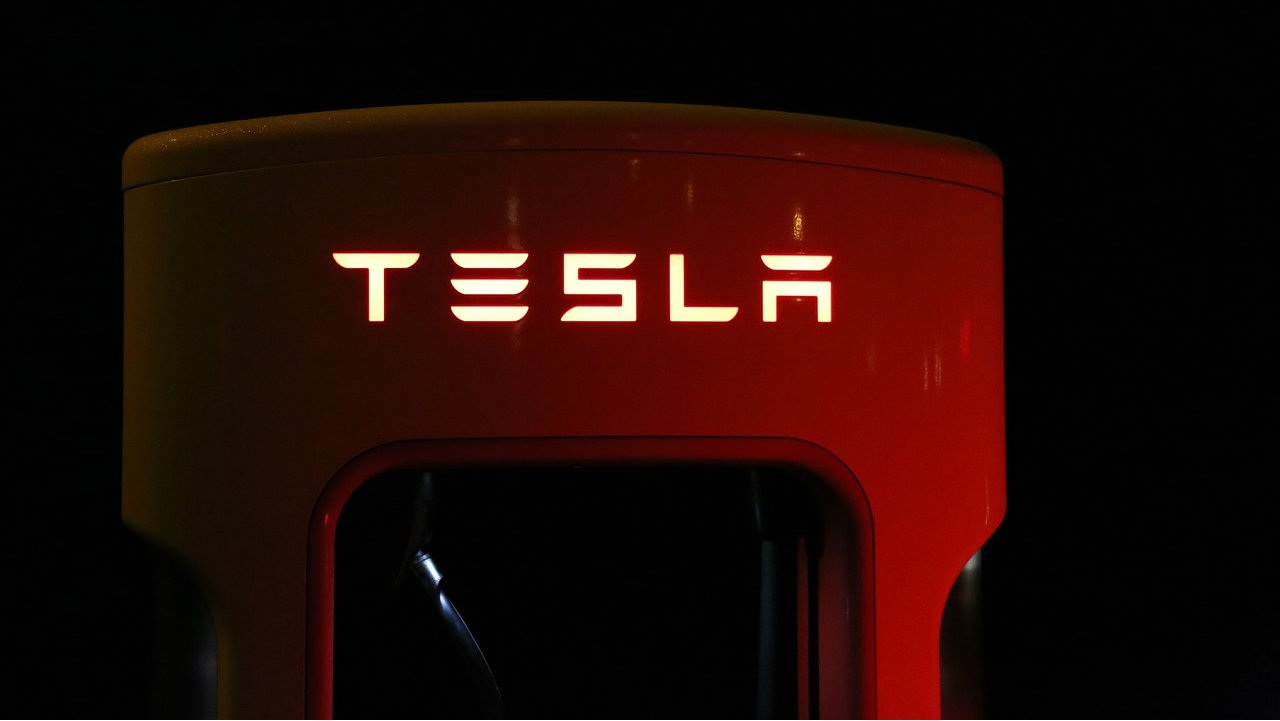The push to save the environment is not something that is going away, and those companies that can successfully commercialize environmentally friendly products to replace environmentally damaging ones will go down in history.
Let’s look at two such companies and see if they have a place in our portfolios at this time.
First, Ballard Power Systems Inc. (TSX:BLD)(NASDAQ:BLDP) is working hard to bring its zero-emission fuel cell technology to the mass market.
After a strong 2017, with 42% revenue growth, increasing gross margins, and a positive EBITDA, the first quarter of 2018 seems disappointing. And from a numbers standpoint, it is. I mean, revenue declined 11%.
But if we dig deeper, we can see that the decrease is attributed to the fact that in the first quarter of 2017, Ballard received a one-time technology solutions revenue payment of $6.2 million, which has made results lumpy. Also, first-quarter 2018 revenue of $20 million is a respectable 23% higher than 2016.
Most importantly, the heavy-duty motive segment revenue increased 29% to $9.3 million, as Ballard continues to make progress on different fronts, and the adoption of its fuel cell technology is increasing in different geographic areas and different industries.
Project JIVE, which stands for Joint Initiative for Hydrogen Vehicles Across Europe, was launched in 2017, and its goal is to “advance the commercialization of hydrogen fuel cell buses through large scale deployment of vehicle and infrastructure.”
The de-carbonization process of public transport is clearly a key initiative. And Ballard is a key beneficiary.
The company recently announced a purchase order for 40 of its fuel cell modules from Van Hool, a bus manufacturer in Germany and the fourth-largest bus manufacturer in Europe. This represents the largest fuel cell bus program to date in Europe. Shipping will begin later in 2018, and this order is not reflected in first-quarter backlog. Ballard expects the next order to come from the U.K.
Just as exciting are the opportunities and progress being made in commercial trucks in Shanghai and California, in trains in Europe, and in the marine industry, where Ballard has announced early work with Royal Caribbean Cruises, and where aggressive emissions reduction targets are being set.
Ballard still has no debt and $52.5 million in cash on its balance sheet, which will enable the company to take advantage of the rapid acceptance and growth of its fuel cell technology.
Another clean energy stock, Tesla, Inc. (NASDAQ:TSLA), is seeing good demand for its fully electric cars, with a respectable 19% increase in revenue in the latest quarter, the first quarter of 2018.
But the problem here is that the losses are quickly accumulating, with the company reporting a first-quarter net loss of $710 million and a cash burn of $745.3 million, as the production ramp-up on its Model 3 electric cars has not been so smooth.
Unlike Ballard, Tesla has a big debt burden of almost $10 billion, and liquidity is an issue, as reflected in Moody’s decision to downgrade the company into junk territory.
So, the race to bring zero-emission vehicles to profitable commercialization continues, and while the road is long and rocky, the different stakeholders (investors, innovators, and the environment) have a lot to gain.







